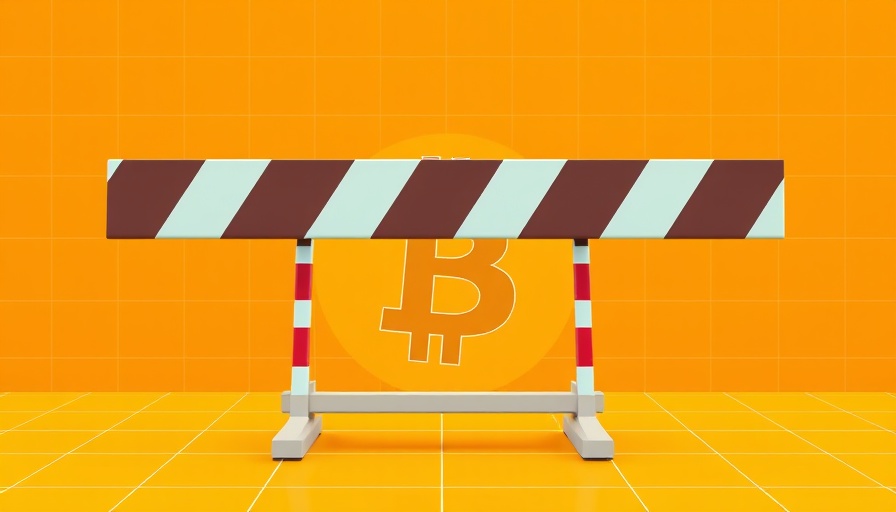
The Rise of Bitcoin Circular Economies
In the quest for financial sovereignty and sustainability, Bitcoin circular economies are gaining traction across the globe, showcasing innovative ways to leverage cryptocurrency in everyday transactions. One of the pioneering efforts comes from Jericoacoara, a small fishing village in Brazil, where local enthusiasts have turned this concept into a reality. What began as a singular vision has unfolded into a framework that promotes financial health through community engagement and practical education.
Exploring the Four Archetypes of Bitcoiners
The journey of building a Bitcoin circular economy uncovered four distinct archetypes of Bitcoin enthusiasts: coordinators, market pragmatists, monetary purists, and Bitcoin minimalists. Each archetype plays a unique role that contributes to the broader mission of utilizing Bitcoin to transform local economies.
Coordinators serve as the architects of community efforts, steering initiatives that foster understanding and use of Bitcoin. Market pragmatists prioritize practical solutions, seeking to integrate cryptocurrency within local businesses to bolster commerce. Meanwhile, monetary purists advocate for Bitcoin's philosophical ideals, while Bitcoin minimalists focus on simplifying usage and accessibility. This diversity ensures a holistic approach to fostering a robust Bitcoin ecosystem.
Impact and Community Transformation
The Jericoacoara initiative serves as a template for other regions aspiring to establish similar decentralized economies. By onboarding local merchants, educating families about self-custody, and installing reliable transaction mechanisms, the project demonstrates how Bitcoin can transcend its image as merely a speculative asset and evolve into a community-centric currency.
As Bitcoin proponents rally, emerging movements across Africa, such as @BitcoinEkasi, further underline the potential for cooperation and support in building sustainable circular economies. These grassroots endeavors point toward a promising future where cryptocurrency helps to empower communities and provide greater financial inclusion.
Challenges in the Path Ahead
Yet challenges abound. Local authorities often lag in understanding the benefits of cryptocurrency-based economies, as evidenced by Jericoacoara's experience with pushback from bureaucratic institutions. Nonetheless, these obstacles present opportunities for education and advocacy, driving passionate Bitcoiners to engage with policymakers and reshape legislative landscapes.
The Future of Bitcoin in Community Economies
The evolution of Bitcoin as a tool for social transformation reflects broader trends in decentralization and local autonomy. As more communities join the circular economy movement, it’s crucial to maintain a balance between innovation and adherence to the core principles of Bitcoin.
For those interested in cryptocurrency and trading, understanding the role of these archetypes and initiatives can cultivate a deeper appreciation for the transformative powers of Bitcoin in the local economy. Engaging with this information not only enhances financial literacy but also positions individuals to participate actively in a future where Bitcoin stands as a robust economic engine for communities around the world.
 Add Row
Add Row  Add
Add 




Write A Comment